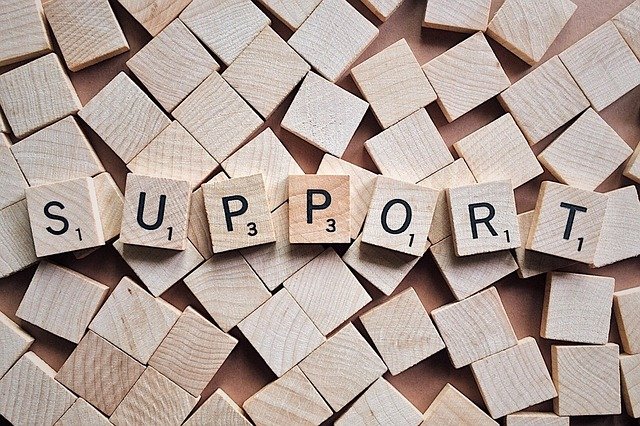
Blog
Is getting external writing support for my grant application… cheating?
Researchers sometimes ask themselves whether getting external writing support for their grant applications somehow constitutes a form of cheating or gaining unfair advantage.
To be perfectly honest, I think I would have wondered the same thing when I worked in academia myself.
However, I now realise that professional writing support – like so many other features of academia’s hidden curriculum – is something that’s actually quite common but it’s just not talked about very much.

I think it’s interesting that the researchers I notice having these concerns are often those that have a smaller support and feedback network more generally. This probably shows that many researchers are not aware of how much support and feedback successful grant writers typically receive.
Researchers who choose to work with me are often receiving feedback from colleagues, mentors, and university research offices, and are therefore aware of how common – and essential – it is to get rigorous feedback on their grant proposals.
If you’re wondering whether getting support for your research grant (or other writing project for that matter) would make sense for you, this blog offers 3 clear reasons as to why you shouldn’t worry that it’s a form of cheating or unethical practice.
Reason #1: you’re entirely responsible for the intellectual ideas
Let me first clarify that in this blog I’m referring to external writing support and training offered by professionals doing developmental editing work (my own work falls into this category).
In a nutshell, a developmental editor helps authors to build and develop their writing into a piece of work that their targeted audience will find compelling and memorable. Developmental editors specialising in academic writing focus on issues such as the clarity of arguments, presentation of ideas, overall narrative of the text, and how to emphasise the importance of research ideas or findings. (I’ve written a separate blog that explains more about what developmental editors do that you can read here.)
In other words, working with a professional in this category means that you’re entirely responsible for your grant’s intellectual input. This means that you’re not presenting someone else’s work as your own. Instead, the role of professionals doing this work is to act as an engaged, critical reader that helps you to communicate your research idea in a way that its originality and significance can be easily understood by a reviewer (especially a reviewer outside your specific subject area).
Reason #2: it’s considered part of researcher professional development
Working with a developmental editor helps you to improve your skills in effectively crafting a research grant, which are essential to any research career. There is a large gap in training around this skillset, because higher education focuses overwhelmingly on training academics in scientific excellence, but neglects to offer substantial training in how to strategically frame your ideas specifically for grant reviewer audiences.
Around 75% of the researchers I work with use university professional development funds to pay for my services, which require approval from their departments. I think this is the clearest indication that working with a developmental editor or consultant on your research grant counts as professional development, rather than being a form of cheating.
Reason #3: universities often hire consultants & consultancy firms to do this work
Another fact that’s often unknown to a lot of researchers is that it’s common practice for universities to hire external consultancy firms or individual consultants to offer reviews of their researchers’ grant applications. In these cases, universities are looking for expertise that doesn’t exist in their in-house research offices (which usually don’t have the capacity to offer feedback at the level of detail offered by developmental editor services). Once again, I think this helps to clearly illustrate that this type of service is considered legitimate and valuable by universities, and is widely accessed by many research grant applicants.

What I’ve tried to convey in the three points above is that hiring external grant support is standard practice in the higher education sector, and is something that many researchers benefit from.
There are a range of factors to consider if you’re wondering whether it makes sense to work with a developmental editor on your research grant, including the profile of the editor and your available budget.
Hopefully this blog post has helped to reassure you that the question of whether getting this support constitutes ‘cheating’ or some form of unethical practice is something that shouldn’t need to feature in your decision making.
Interested in getting in touch?
We can arrange to have a free informal Zoom call where you can tell me about your grant project and ask me anything about how I work. Simply fill out the contact form to arrange a time for us to meet.
I’m a friendly person to speak to and never push people to make any commitment, so don’t hesitate to get in touch, it would be lovely to hear from you!
To read more about how you can work with me click here.
Contact form:
2023 | Natalie Papanastasiou | All Rights Reserved | Privacy Policy | Terms & Conditions